
The top news stories in medicine this week.

Austin Littrell is associate editor of Medical Economics.

The top news stories in medicine this week.

Rihan Javid, D.O., J.D., breaks down which practice roles turn into crisis points when they’re vacant.

Anders Gilberg, senior vice president of government affairs at MGMA, joins the show to explain how shifting federal policy decisions are affecting physician practices and what medical groups should be watching in 2026.


Rihan Javid, D.O., J.D., explains why small practices are still losing staff even when they pay more than minimum wage.

CENTEGIX's health care safety trends report tracks when and where duress alerts spike — and why leaders who ignore workplace violence can’t afford to.

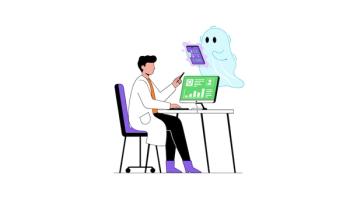
An Oregon Health & Science University analysis of five specialties across all states highlights "ghost" physicians, high-volume core participants and growing worries about access, especially in psychiatry.

Rihan Javid, D.O., J.D., breaks down how 2026 minimum wage hikes collide with razor-thin margins at small practices and rural hospitals.

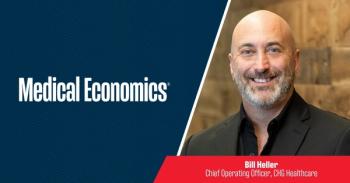
New survey data reveal why physician satisfaction doesn’t always translate into loyalty — and what leaders can do about it.

Melissa Lucarelli, M.D., FAAFP, talks with Ronald M. Epstein, M.D., FAAHPM, about how mindfulness, presence and communication shape patient care, physician well-being and medical culture.

Engagement gains don’t require sweeping reforms — they start with small, intentional actions.
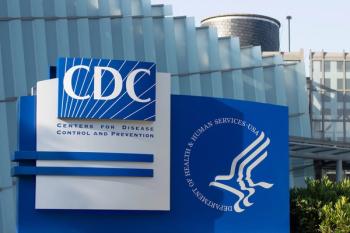
A majority of states and Washington, D.C., are following pediatric groups and/or prior or state recommendations instead of new federal childhood vaccine guidance.

Visibility, listening and time with patients matter more than any single perk.

The top news stories in medicine this week.

Physicians want artificial intelligence to buy back time, not squeeze in more volume.

Peter Reilly, North American health care practice leader at HUB International, joins the show to break down the top risks facing physician practices in 2026.

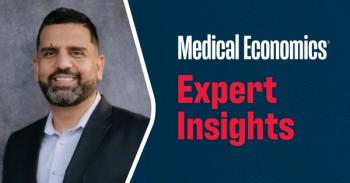
Psychiatrist and Edge co-founder, Rihan Javid, D.O., J.D., explains how rising wages, turnover and labor competition are reshaping physician practices — and why flexibility is becoming essential.

Acknowledgment, clarity and smart trade-offs matter more than quick fixes.

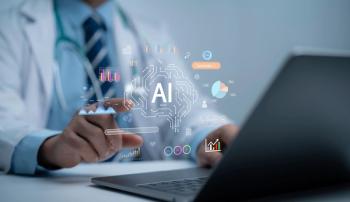
Innovaccer's 2026 “State of Revenue Lifecycle in Healthcare” report shows most organizations now run AI in live workflows, yet fragmented data and point solutions are slowing scale.
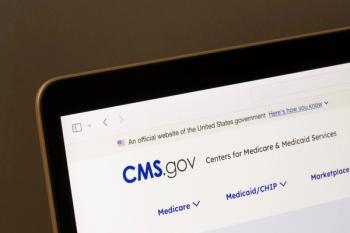
Advance notice projects 0.09% average increase as agency moves to tighten risk adjustment; insurer stocks drop.

Economic anxiety is real — but connection determines who stays grounded.


Medical groups say stepped-up operations by federal agents are stoking fear, keeping patients from hospitals and raising safety concerns for clinicians.

Rihan Javid, D.O., J.D., co-founder and president of Edge, joins the show to discuss how staffing pressures are landing inside medical practices in 2026.

Economic uncertainty matters, but engagement is the real retention lever.

New white paper argues pharmacy benefit managers’ slim margins reflect bookkeeping and consolidation, not necessarily low profits, as oversight push intensifies.
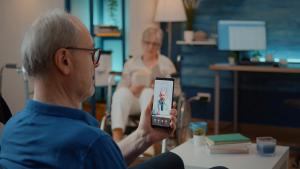
Published: April 16th 2025 | Updated:

Published: March 19th 2025 | Updated:

Published: March 12th 2025 | Updated:
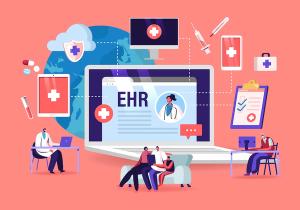
Published: January 27th 2025 | Updated:
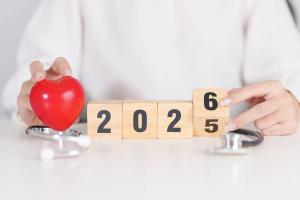
Published: January 6th 2026 | Updated:
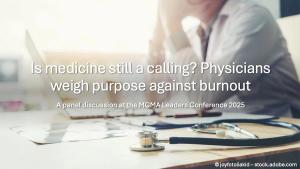
Published: October 1st 2025 | Updated: